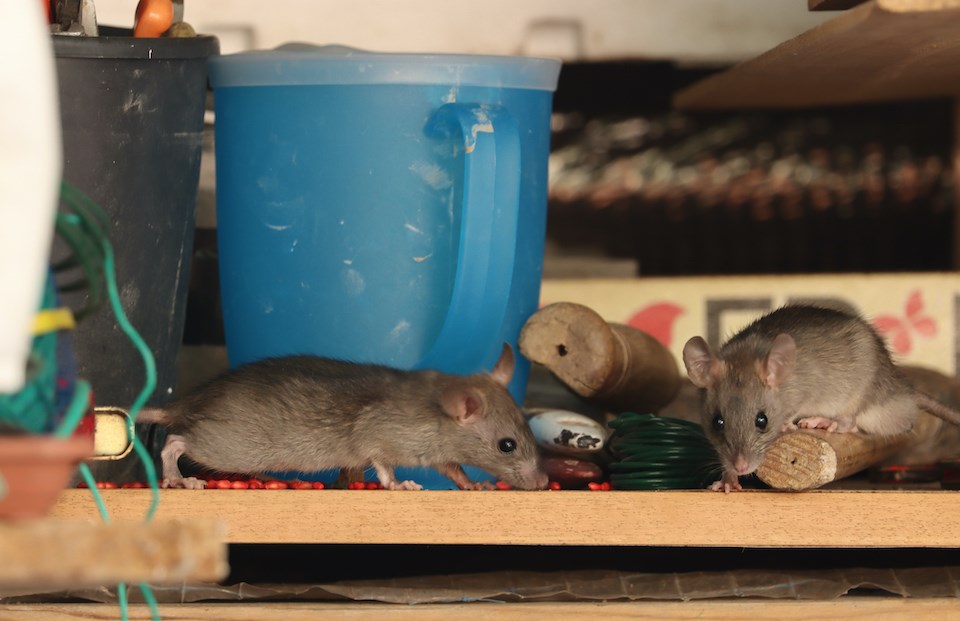A B.C. tenant could not recoup several months' rent despite living with a severe mouse infestation for months.
The tenant's former landlord filed with the Residential Tenancy Branch (RTB) for compensation for damage to the rental unit from the infestation and monetary loss for a couple of months' worth of rent. The landlord claimed $572 for the cost of cleaning and $4,950 for loss of rent revenue.
The tenant also claimed a monetary loss for several months' rent, except they said it was because of a loss of quiet enjoyment due to the infestation. The tenant's claim was a staggering $18,813.80 for the four-month tenancy. The tenants also said they had to buy new bedding because it was ruined by mice urine and feces and purchase jars to keep food safe (see slide two).
Both parties agreed the tenancy commenced on Aug. 5, 2023. However, the landlord said it ended on Dec. 1, 2023, while the tenant claimed it ended on Nov. 30, 2023.
No rental inspection report was conducted at the start of the tenancy. As a result, the RTB ruled the landlord couldn't claim a monetary loss for damages to the unit.
The monthly rent was $3,300 and the tenant paid a $1,650 security deposit.
One of the renters was pregnant during the tenancy, and they said the mice infestation caused a lot of stress. They noted "mice all over the rental unit, up on the furniture and bedding, and mice feces and urine on their bedding and clothes" and that the unit was "disgusting."
The renters spotted a mouse within weeks of starting the tenancy
The tenants also said they saw the first mouse on Aug. 13, 2023, and that the mice activity increased over the months. They said the landlord could not resolve the issue and they had to end their tenancy.
The landlord testified that they spoke to the building's strata immediately after hearing about the mice and left a message with Pest Detectives on Aug. 22. The company visited the rental unit and treated it for the infestation starting in October; the pest control experts recommended the tenant install a door, "but that never happened."
The tenants also told the landlord they were leaving on Nov. 18. The landlord said it took until Dec. 15 to deal with the mice and get the rental unit ready to rent. They claimed they actively started advertising for new renters after that time but couldn't get new renters until Jan. 15, 2024. The landlord claimed a loss of rent for December and for half of January's rent ($3,300 and $1,650).
The RTB stated in its ruling that the tenants breached section 45(2) of the Residential Tenancy Act (RTA) when they ended the fixed-term tenancy earlier than the date of the fixed term. It awarded the landlord $3,300 for December's rent but said they did not minimize their losses for half of January's rent by not advertising immediately after the other tenants lost. As a result, the landlord's claim for $1,650 was dismissed.
The RTB said the tenant's claim for a full rent reimbursement ($13,200) was "extreme and unreasonable." However, it acknowledged that the mouse infestation was "unsanitary and distressing" and the landlord "could have done more." Since the tenancy was devalued, the renters were awarded 10 per cent of the monthly rent for four months and interest on their security deposit that was returned late ($1334.15).
The landlord was granted a monetary order of $1,965.85 ($3,300 - $1,334.15) on June 15, 2024.





